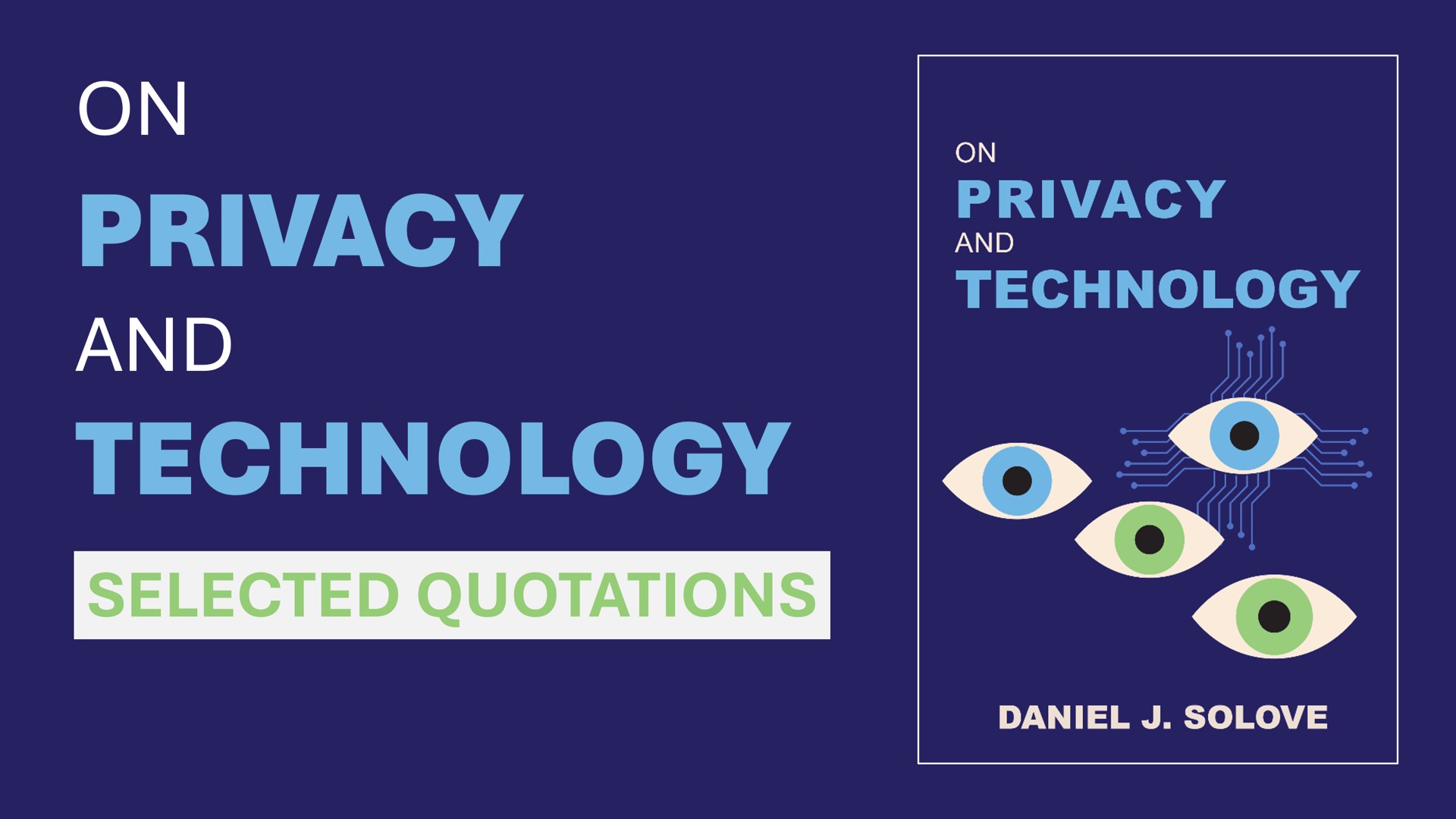
I’m delighted to share the newly-published final version of my article:
Artificial Intelligence and Privacy
77 Florida Law Review 1 (2025)
The article aims to provide the conceptual and practical ground work for how to understand the relationship between AI and privacy as well as provide a roadmap for how privacy law should regulate AI.
Abstract:
This Article aims to establish a foundational understanding of the intersection between artificial intelligence (AI) and privacy, outlining the current problems AI poses to privacy and suggesting potential directions for the law’s evolution in this area. Thus far, few commentators have explored the overall landscape of how AI and privacy interrelate. This Article seeks to map that territory.
Some commentators question whether privacy law is appropriate for addressing AI. In this Article, I contend that although existing privacy law falls far short of resolving the privacy problems with AI, privacy law properly conceptualized and constituted would go a long way toward addressing them.
Privacy problems emerge with AI’s inputs and outputs. These privacy problems are often not new; they are variations of longstanding privacy problems. But AI remixes existing privacy problems in complex and unique ways. Some problems are blended together in ways that challenge existing regulatory frameworks. In many instances, AI exacerbates existing problems, often threatening to take them to unprecedented levels.
Overall, AI is not an unexpected upheaval for privacy; it is, in many ways, the future that has long been predicted. But AI glaringly exposes the longstanding shortcomings, infirmities, and wrong approaches of existing privacy laws.
Ultimately, whether through patches to old laws or as part of new laws, many issues must be addressed to confront the privacy problems that AI is affecting. In this Article, I provide a roadmap to the key issues that the law must tackle and guidance about the approaches that can work and those that will fail.

Continue Reading

















